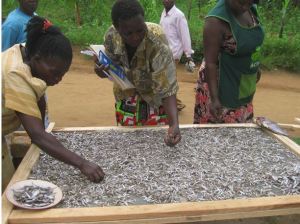
Balabire Kuffe Womens Group, one of the 17 groups supported by KWDT to improve post harvest fish handling
Worldwide, it is estimated that 85 million people are employed in small scale fishing, processing, distribution and marketing – and out of those, over half are women. Current problems in this industry have resulted in unemployment, lack of income and food insecurity for fishing communities.
In Uganda, KWDT supports women’s sustained involvement in the fisheries sector through fish farming, improved processing and access to credit.
KWDT is a member of the World Forum of Fish Harvesters and Fish Workers an international organisation, that brings together small scale fishing organisations with the objective to influence both national and international policies that affect their rights of access, use and control, and sustainability of fish resources for improved livelihoods.
Margaret Nakato, Co-ordinator of Katosi Women Development Trust, Uganda is Co-President of the World Forum of Fish Harvesters and Fish Workers.

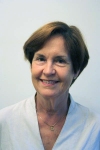
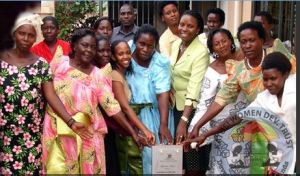
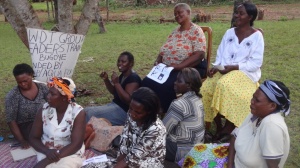

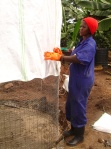
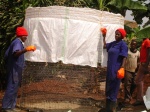
 The
The 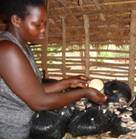
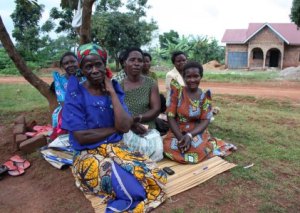 By enabling poor and often illiterate women to help themselves, their families and communities, develop and run viable entrepreneurial activities such as organic farming, fishing, and trading and food production. These activities improve family nutrition, health, sanitation, access to clean water and provide money for school. On a different level, the women gain the respect of their partners which provides more equality in their relationship and lessons the chance of domestic violence. Their success also brings respect in the community especially from the men. The women find a voice; their views and needs are considered in the community.
By enabling poor and often illiterate women to help themselves, their families and communities, develop and run viable entrepreneurial activities such as organic farming, fishing, and trading and food production. These activities improve family nutrition, health, sanitation, access to clean water and provide money for school. On a different level, the women gain the respect of their partners which provides more equality in their relationship and lessons the chance of domestic violence. Their success also brings respect in the community especially from the men. The women find a voice; their views and needs are considered in the community.